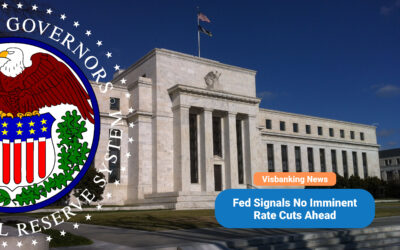The U.S. labor market continued to show its resilience in March, as employers added an estimated 236,000 jobs to the economy. That job growth was enough to reduce the unemployment rate to 3.5%, according to the Labor Department’s newest employment report released on Friday.
The newest employment numbers show an economy and labor market that is cooling, but at a slower pace than the Federal Reserve might prefer. In fact, Friday’s report seemed to bolster analysts’ expectations that the Fed will raise interest rates at least one more time when it meets next month, as the central bank continues its efforts to rein in stubbornly high inflation.
The underlying data confirms that the hospitality sector drove much of the growth by adding an estimated 72,000 jobs in bars and restaurants. That sector was particularly hard hit by the pandemic’s business closures and continues to maintain employment that is well below its pre-Covid levels. Government jobs increased by roughly 47,000, while hiring also expanded in industries like healthcare and transportation.
Meanwhile, manufacturing, construction, and the retail sector all shed jobs in March, as business sentiment continues to reflect concerns about a possible recession. Wells Fargo economists apparently viewed the overall report as a positive development, noting:
“On balance, this is the type of employment report we believe policymakers at the FOMC want to see: job growth slowing in an orderly fashion, labor supply expanding and wage growth that is edging closer to rates that are consistent with the central bank’s 2% inflation target.”




